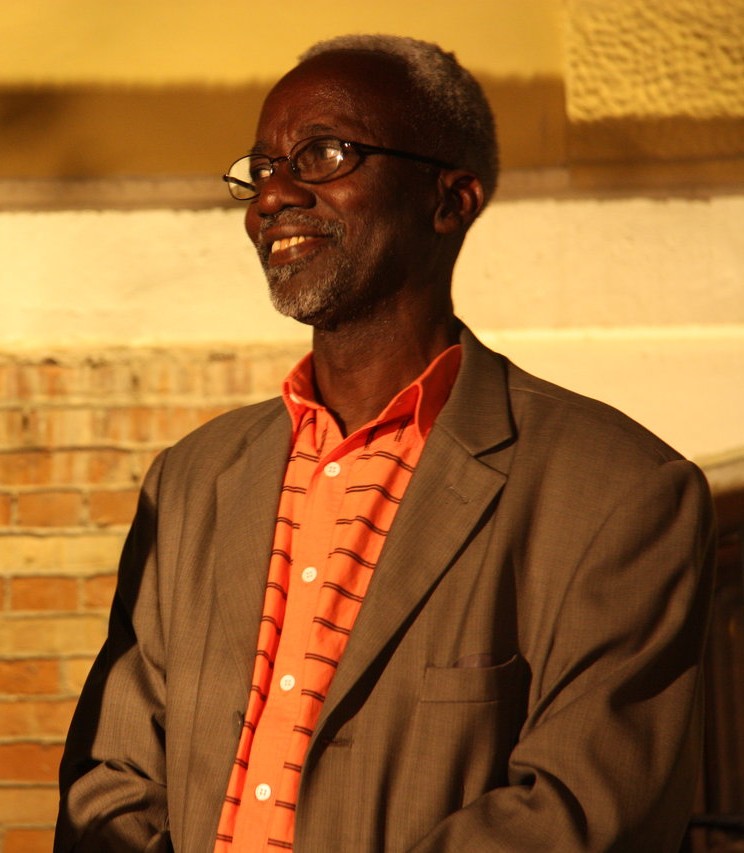Library Weekly
The ASCL's Library Weekly is our library’s weekly spotlight on African people and events. Inspired by the SciHiBlog, this service is based on information retrieved from Wikipedia and Wikidata and is completed with selected titles from the ASCL Library Catalogue.
N.B. The weeklies are not updated and reflect the state of information at a given point in time.
Library Weekly archive
Souleymane Cissé
 On 19 February 2025, Malian film director Souleymane Cissé passed away. He is one of the most recognized African filmmakers of the twentieth century, and his work exemplifies the development of social realism in African cinema, including its eventual movement towards the recovery of tradition. His films have been known for their uncompromising depictions of military violence, abuse of money and power, trade unionism, and the enduring stranglehold of patriarchal traditions over Bamako's women and youth.
On 19 February 2025, Malian film director Souleymane Cissé passed away. He is one of the most recognized African filmmakers of the twentieth century, and his work exemplifies the development of social realism in African cinema, including its eventual movement towards the recovery of tradition. His films have been known for their uncompromising depictions of military violence, abuse of money and power, trade unionism, and the enduring stranglehold of patriarchal traditions over Bamako's women and youth.
His film career began as an assistant projectionist for a documentary on the arrest of Patrice Lumumba. This triggered his desire to create films of his own. In 1970 he returned to Mali, and joined the Ministry of Information as a cameraman, where he produced documentaries and short films. Two years later, he produced his first medium-length film, Cinq jours d’une vie. Between 1984 and 1987, he produced Yeelen, a coming-of-age film that won the Jury Prize at the 1987 Cannes Film Festival, becoming the first African film to win a prize in the festival's history.
He passed away on 19 February 2025, in a clinic in Bamako, Mali, at the age of 84.
(Source: Wikipedia, accessed on 20 February 2025).
Selected Publications
Harrow, Kenneth W, African cinema: postcolonial and feminist readings (Trenton, 1999).
Lelièvre, Samuel, Cinémas africains, une oasis dans le désert? (Condé-sur-Noireau, 2003).
Lelièvre, Samuel, La Lumière de Souleymane Cissé: cinéma et culture (Paris, 2013).
Murphy, David, en Patrick Williams, Postcolonial African cinema: ten directors (Manchester, 2007).
Films
Cissé, Souleymane, Yeelen (New York, 1987).
Cissé, Souleymane, Baara (Paris, 1978).
Cissé, Souleymane, Den Muso, (Ennetbaden, 2009).
Africa’s Cannes moment explained by Malian film director Souleymane Cissé

